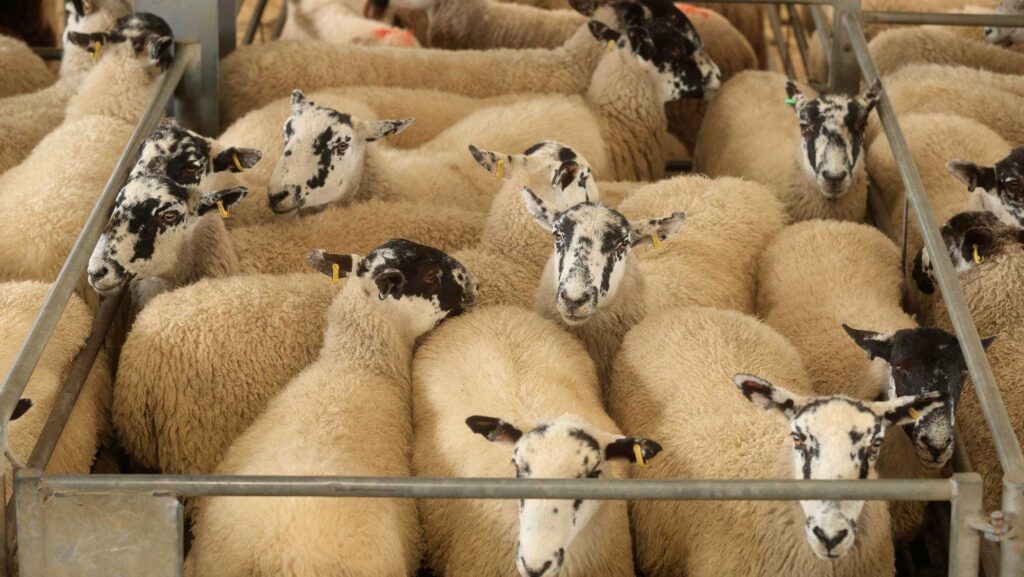Bluetongue restrictions to be eased in Scotland
 © Tim Scrivener
© Tim Scrivener Bluetongue restrictions in Scotland are set to be eased next month for animals moving from the restricted zone in England into Scotland.
From 21 September, some controls on moving bluetongue-susceptible animals from the BTV-3 virus restricted zone (RZ) to Scotland will ease, as cooler temperatures reduce midge activity.
From this date, a general licence will apply – no Animal and Plant Health Agency application will be needed – but full compliance is required.
However, some controls will remain for certain breeding and pregnant animals considered most at risk.
See also: Low vaccination rate leaves livestock exposed to bluetongue
Moves to slaughter won’t require testing or vaccination, and abattoirs no longer need designation.
For full details, see the section headed “From September 21 2025 – Moves from the BTV-3 restricted zone to Scotland” on the Scottish government website.
Defra declared the whole of England a BTV-3 restricted zone from 1 July this year, which ended movement restrictions in England but resulted in restrictions for moving animals into Scotland and Wales.
To keep the disease out, movement restrictions into Scotland came into force, with animals requiring a licence to be moved.
The current total of BTV-3 cases in Great Britain for the 2025 to 2026 vector season (since July) is 16.
All cases have been in England, including three of BTV-3 which were confirmed on 15 August affecting a sheep in Berkshire, two yearling cattle in Hampshire and a sheep in Oxfordshire.
NFUS welcomes move
NFU Scotland welcomed the Scottish government’s plan to ease BTV-3 testing requirements for cross-border livestock movements from late September, calling it a “pragmatic decision” that offers relief – particularly for sheep keepers facing costly testing.
While the move doesn’t guarantee the disease won’t spread after 21 September, the union said it offers a lower-risk window for moving stock. Vaccination remains the best protection, and keepers are urged to speak to their vet.
Neil Wilson, executive director of the Institute of Auctioneers and Appraisers in Scotland, also welcomed the decision. He said the industry had pushed hard for a firm, pragmatic date to support cross-border trade, which is vital for markets across Scotland.
A set date, he added, gives markets and customers confidence and should help drive trade.
Vaccination benefits
Mr Wilson urged farmers handling stock in the coming weeks to vaccinate, noting that vaccinated animals are already attracting premiums – up to £200-300/head more for dairy cattle in Carlisle, and stronger interest in vaccinated sheep.
He said the cost of vaccination is likely to be far outweighed by the benefit of avoiding renewed restrictions next summer.
